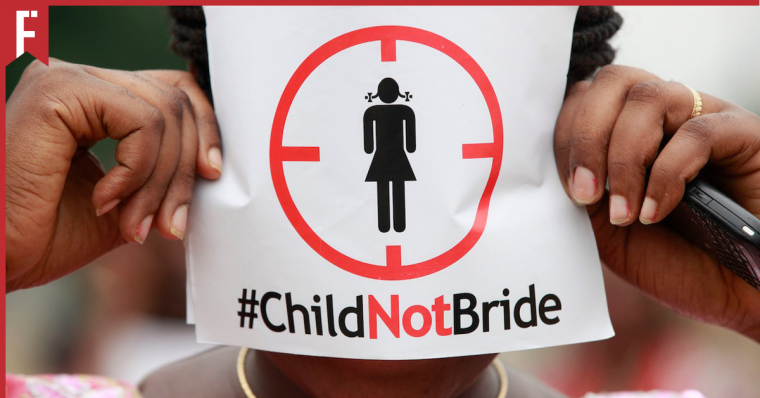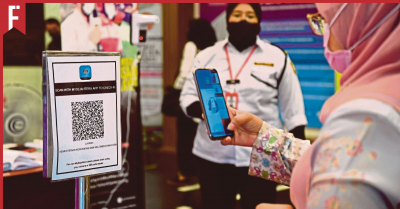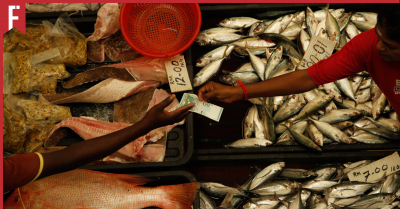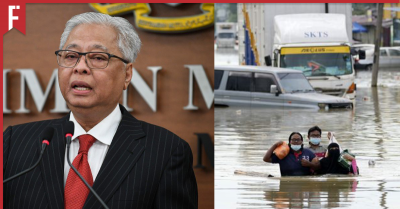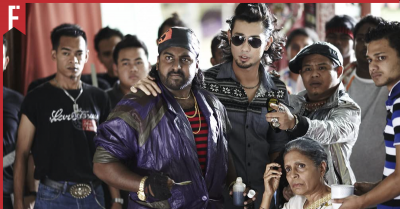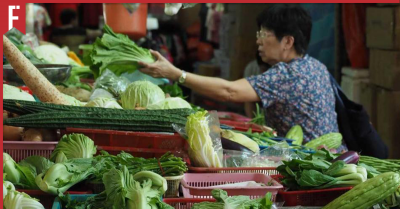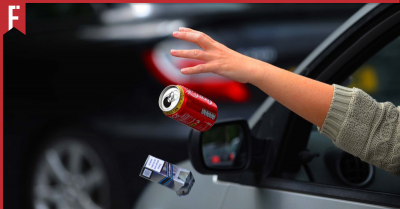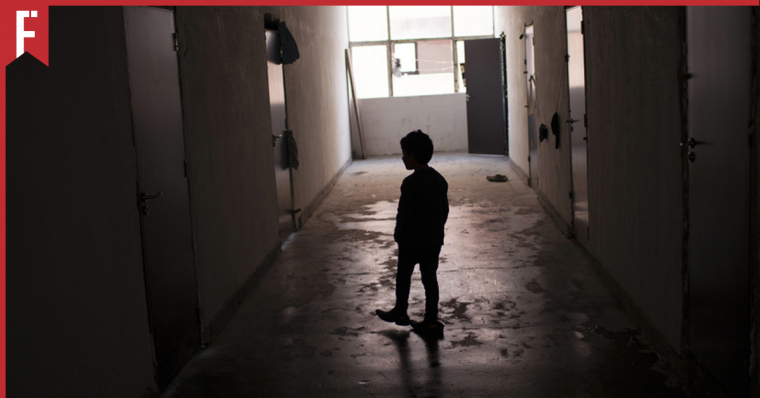
Next week it’s going to be Raya season. For the first time in years, many of us will be able to safely balik kampung and meet up with all our family again.
But what those of us who don’t have a family to return to?
Earlier this month, The Full Frontal spoke to Amirah, an orphan in her 20s who was willing to share with us about her situation. Amirah’s parents passed away when she was younger — her mother died of cancer when she was just nine, while her father passed away due to a heart attack when she was 15.
“The night before it happened, we went out to have dinner together,” she recalled. “We ate nasi lemak and chatted like normal… and then the next day he passed away.
After my dad passed away, I stayed with my stepmother for a while. But then there were a lot of issues. They couldn’t decide who’d take care of me, there were uncles who wanted to take me away… In the end my sister told everyone ‘I am the sister here. I will take care of her’. But that is another disaster lah!”
Just Because You Have Family Doesn’t Mean That They Want to Take Care of You
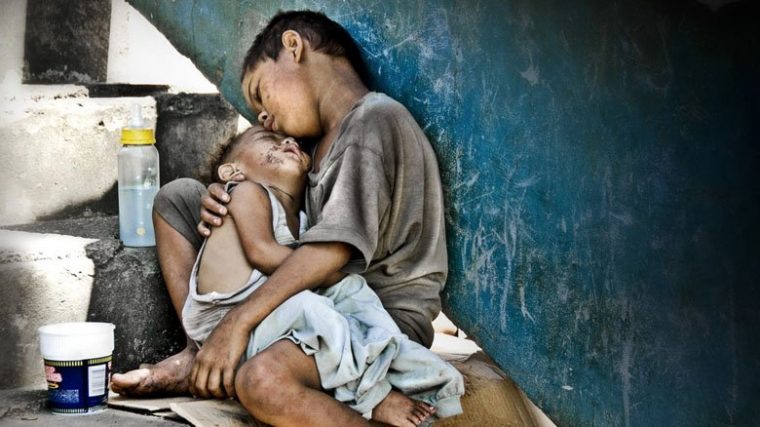
Despite her sister’s announcement, Amirah admits that there were some tensions between the two since the moment she moved in.
“My sister and I have a 17-year age difference,” she explained. “So at that time when I was 15 she was already 30 something.
The experiences of staying with my sister, it really affected my mental health even up till today… can you imagine when your own family treats you so badly?”
One of the things that Amirah’s sister did was spread bad rumours about her in order to make herself look better.
“For example, if I acted up in any way, she’d go out and try to make me look like a budak jahat who wouldn’t listen to anyone… no one would believe me when I tried to explain the situation!
When I got good grades during my SPM, I wanted to continue my studies. But she told me “You ingat aku nak tanggung kamu belajar, ke?” (“You think I’m going to pay for your studies?”). She said that if my dad was still around, he would help pay for it, but she didn’t want to.
“Biarlah kau jadi macam budak tepi jalan tu!” (“You should just be like one of those beggar kids!”). I still remember it and feel hurt up till today.”
Even aside from her dysfunctional family members, Amirah remembers how those around her would treat her once they learned that she was an orphan.
“When you become an orphan, no one’s going to care about you at all”
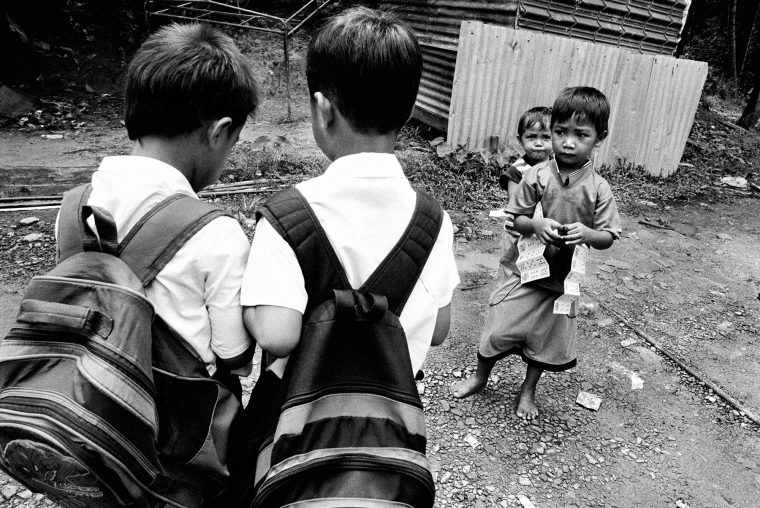
“When you grow up without parents, some people will just assume that you are a troubled child,” said Amirah. “Whenever I acted up, there would always be some people saying ‘Oh, it’s because she doesn’t have a mother or father. Nobody bothered to teach her any manners.’”
Not all of the responses were quite so negative. But throughout her school years, Amirah learned to be more careful about who she told her family status to.
“Of course there were a lot of people who were like ‘kesian’. But it was less empathy and more sympathy,” she said. “There were even times when I told people about my circumstances and their response would be ‘Oh, that’s why you’re like that. Because you got no parents!’
Even today, I have problems opening up to people. When I made friends, there was always a part of me that felt wary because I’d be thinking ‘would this person accept me? Would they have any problems with the fact that I don’t have parents?’
Even if I want to be in a relationship, sometimes the other party’s parents would complain. They’d say, ‘oh, where are her parents, where is she from?'”
In the end, Amirah was able to leave her troubled childhood behind. She now has a successful career in a tech company far away from the place where she grew up. But not all Malaysian orphans have been so lucky.
“We don’t even know how many orphans there are now”
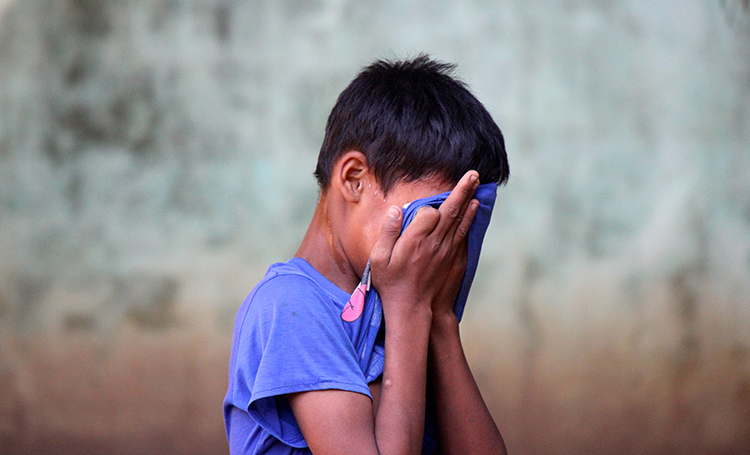
For prominent activist Hartini Zainuddin, the past few years have been a nightmare. As the founder of Yayasan Chow Kit (YCK), she has spent nearly three decades trying to help the marginalised children of Malaysia.
When we spoke to her, she explained that Malaysia currently has more of these vulnerable children than ever before.
“In YCK, since we started in 2007, we’ve worked with over 2,000 kids a year,” she said. “Orphans are having a hard time right now. During the pandemic… we’ve lost kids, many of them, all for different reasons.”
When the COVID-19 pandemic was ravaging our nation, we all worried about the rising number of fatalities. Every day, it felt like more and more people were dying. But the casualty numbers are just the first sign — for every COVID-19 victim who dies, how many children are left behind?
“The ministries couldn’t even tell us in the beginning how many children were made orphans, how many children lost one or both parents, how many children require help. First, it was 150, then it was 350, then it was 1,440, then it was 4,400. We have no idea.”
But why, you ask, was it so hard to get these numbers?
“Because nobody thought about them! Everybody forgot about them. People just didn’t realise up until one or two cases suddenly began popping up and then everybody started going ‘Oh my goodness! We’ve got orphans. Where are they?'”
Hartini expressed her frustration with the situation, saying that many of these children have fallen through the cracks. Are they currently staying in a government institution? Are they living with relatives? Where are all these kids now and how many of them are stuck in bad situations?
Even worse, how many are so desperate to escape their bad situations that they’d be willing to consider selling themselves off?
The Link Between Vulnerable Children and Child Marriage
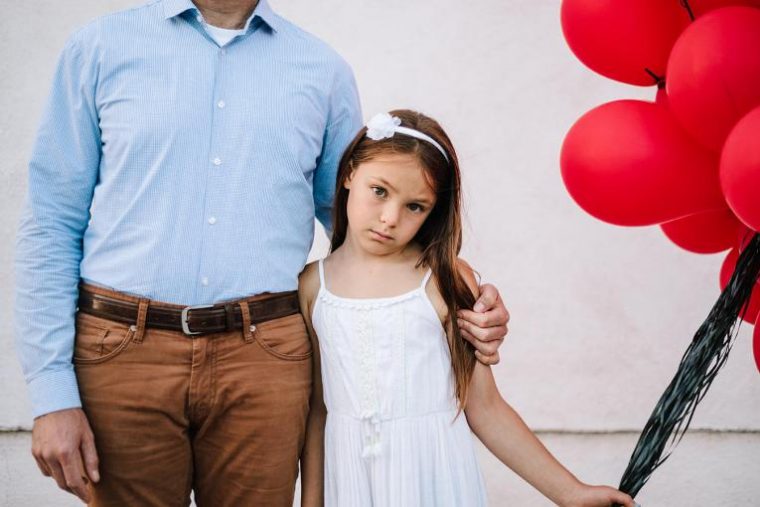
“Child marriage and forced labour, both of these go hand in hand,” said Hartini. “Because so many parents have lost their jobs, the first ones to go will be young girls. They’ll justify it by saying that marrying them off will make things better for them.”
But the worst cases are when the children are stuck in such a desperate situation that they believe child marriage is their only way out.
“To be honest, I used to think the same,” said Amirah. “When I was younger, a part of me felt that if I could get married, I could move out from my sister’s house. I felt like it was the only solution for me.”
Over the years, Hartini has seen many desperate young children just like Amirah. Sadly, not all of their stories end so well.
It’s Going to Take Years For Us to Recover From This Pandemic
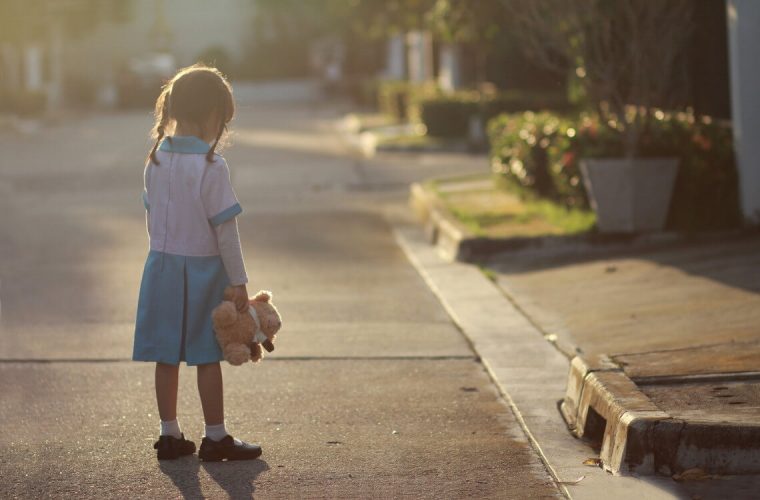
Today, a lot of people want to act as if the pandemic is already over. They see the case numbers going down and think that everything is just going to return to the pre-pandemic normalcy tomorrow. But for Malaysia’s vulnerable children, it’s going to take a decade (or more) to recover from the scars caused by these past two years.
“I couldn’t imagine what it’d be like if I had to live through the pandemic situation while I was 15,” said Amirah. “During the pandemic, you have to stay at home only. But if you don’t have any parents, where are you supposed to stay? Even worse, what if you lived with an abusive parent or caretaker? Then you’d be forced to stay with your abuser for months at a time!”
“The number of vulnerable children in Malaysia has increased especially after the pandemic due to parents losing their jobs, dying, etc.,” said Hartini. “Many of these children were marginalised and had little access to education to begin with. Now, they definitely don’t have anything. Top that up with malnutrition, poverty, health issues… it just made things 10 times worse.”
According to Hartini, the worst problem by far was the lack of education. During the MCO, Malaysia’s educators rolled out online courses to ensure that students could still attend lessons even if they were stuck in quarantine. However, online learning has been out of reach for many of our most vulnerable children, especially those living in rural areas without internet access.
“The impact of this is long lasting,” she warned. “Kids who are out of school for two years will need 10 years in order to catch up with their peers.”
We Need to Start Today
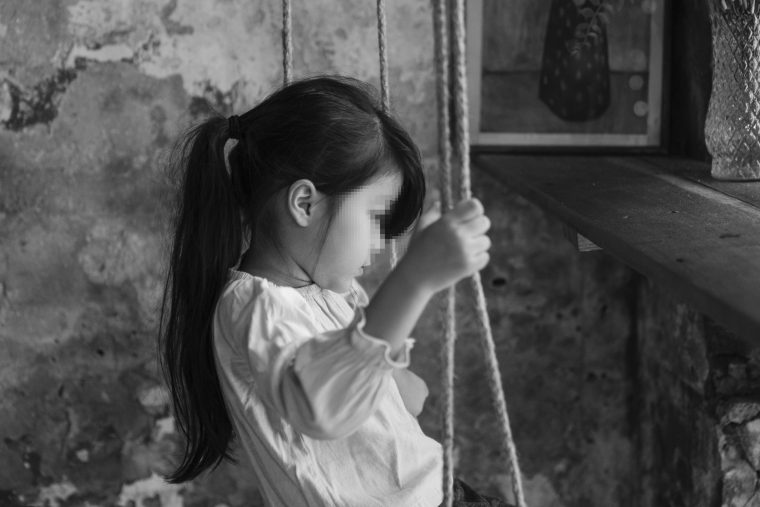
With all the problems that we’ve gone through over the past few years, it can be tempting to shove these kinds of problems aside. However, the truth is that even if this problem doesn’t personally affect you right now, it’s still going to be a problem that we need to deal with sooner rather than later.
“Now more than ever, we need to remember that every child deserves a chance. I know it’s been very difficult, but any support goes a long way because it’s investing in our future,” said Hartini. “If we don’t address this issue now, we’re going to be in very big trouble.”
To learn more about the problems affecting Malaysia’s vulnerable children, check out:
Child Marriage: Cool Excuses, But It’s Still Paedophillia
